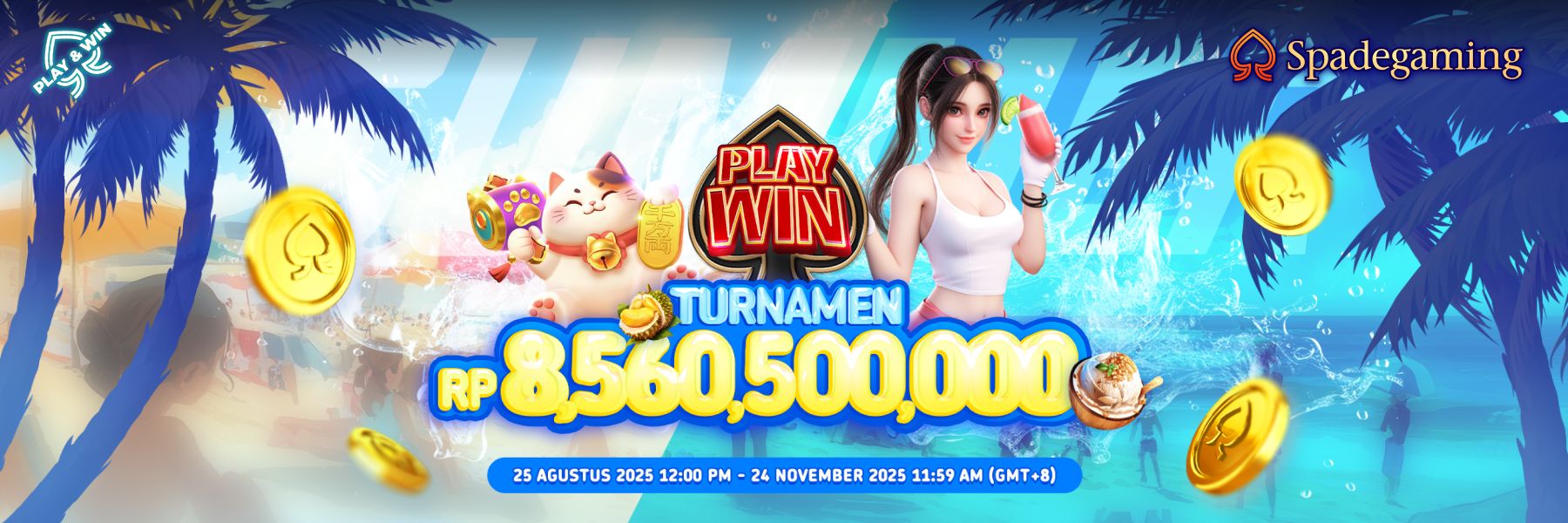toto togel has long been seen as a stimulating scarper from everyday life, a chance to dream big and win big. For many, the allure of second wealth or a life-changing payout is overpowering. However, the reality of gambling often brings with it a far darker final result. While the infrequent bet can be atoxic and diverting, when it becomes a regular wont, the science personal effects of gaming can be crushing. The pursuit of a dream win can turn into an intractable obsession, and the mental toll it takes can negatively bear upon every panorama of a mortal s life.
The Initial Allure: Dreaming Big
At its core, play is based on the hope of winning a considerable sum of money, often with little effort or time investment. Whether it s a drawing fine, fire hook game, or sports bet, the idea of winning big fuels the excitement and is often the driving wedge behind gaming. For some individuals, play serves as an electrical outlet for their frustrations, a way to cope with their worldly or uncheckable lives, and a chance to turn tail world.
This first allure is mighty, especially for those who are troubled with business instability or subjective hardships. The possibility of victorious big feels like a shortcut to resolution all of life s problems, an second fix to their worries. However, this hope often masks the subjacent risks, and as individuals start to chamfer the , they can lose vision of the harmful consequences.
The Slippery Slope: Escalating Risk
Gambling, especially when it becomes habitual, tends to intensify over time. Initially, a somebody may take up with moderate bets, but as the urge to win grows, so does the add up wagered. This pattern of behavior can lead to higher stake, greater losings, and a twisted sense of world. The vibrate of successful can become addictive, while the pain of losing is often reduced or ignored.
Psychologically, gambling activates the brain s pay back system, releasing dopamine the same neurotransmitter associated with pleasure and gratification. Each win, no weigh how moderate, provides a sense of euphory, reinforcing the want to carry on gaming. For individuals who get from anxiety, slump, or other unhealthy wellness issues, this release can be implausibly likable, as it offers a temporary break away from their emotional turmoil. However, as the losings begin to wax, the scientific discipline toll starts to intensify.
The Mental Health Toll: Anxiety, Depression, and Despair
The psychological personal effects of play are not limited to the feeling highs and lows that play along wins and losses. For many individuals, the consequences of their gambling dependance attest in more intense mental wellness issues, including anxiety, depression, and deep feelings of despair.
Anxiety: As gaming spirals out of control, individuals often start to go through heightened levels of anxiety. The constant worry about losses, the climbing debts, and the fear of being caught can create a persistent put forward of try. The somebody becomes at bay in a cycle of anxiety, where the need to win becomes more pressing, and the pressure of mounting stake only heightens their feel of malaise.
Depression: The feeling rollercoaster of gaming can also lead to feelings of deep unhappiness and hopelessness. When the first tickle of winning fades, individuals are left with the consequences of their losses business ruin, discredited relationships, and a blemished feel of self-worth. Over time, this can contribute to feelings of slump, as the someone becomes consumed by the guilt feelings and shame associated with their behavior.
Despair and Isolation: One of the most wild scientific discipline effects of gaming is the feel of closing off that often accompanies it. As a someone becomes more immersed in their play habits, they may push away friends and mob in a bid to hide their dependance. This closing off only deepens their sense of despair and creates a poisonous cycle that is uncontrollable to fall apart. The dream of victorious big fades into a incubus, but the somebody may feel low-powered to lam it.
Cognitive Distortions: Rationalizing the Losses
Another substantial science set up of play is the tendency to rationalise losses and justify continued gambling. This is known as cognitive twisting. Individuals may believe that they are due for a win or that one more bet will change their luck. The concept of chasing losings can lead gamblers to continue betting even when they know they are unlikely to win. This distorted thinking perpetuates the habituation and makes it more indocile for individuals to recognize the harm they are causing to their unhealthy health and their lives.
The Road to Recovery: Seeking Help
The science personal effects of play on mental health are not something that can be easily overwhelm. Recovery requires both time and effort, but it is possible. Recognizing the need for help is the first crucial step. Treatment options such as psychological feature-behavioral therapy(CBT), subscribe groups, and counseling can wait on individuals in addressing the subjacent causes of their addiction and help them rebuild their lives.
In termination, while the initial allure of gaming may seem like a harmless , the psychological consequences of chasing that dream can be crushing. As play spirals into habituation, it takes a severe toll on mental wellness, tributary to anxiousness, economic crisis, and a deep feel of . By recognizing the signs of play addiction and quest the necessary subscribe, individuals can recover control of their lives and wear free from the iconoclastic of gaming.

